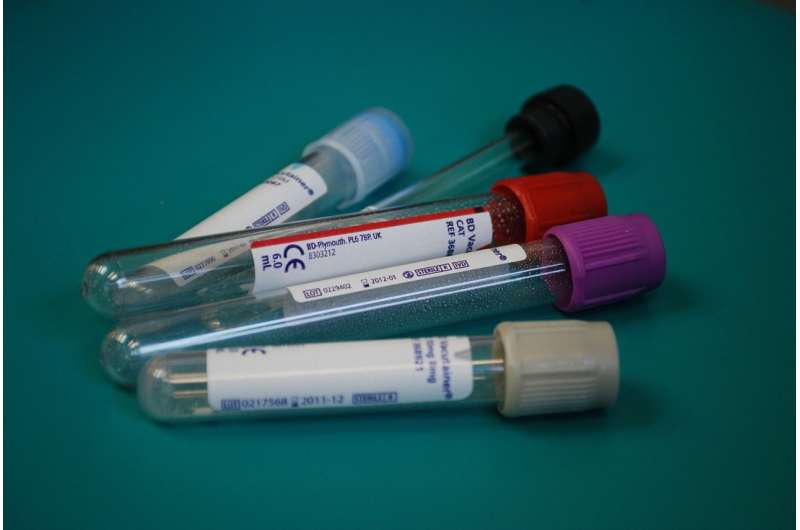New blood test for the diagnostics of frontotemporal dementia

Frontotemporal dementia is the second most common cause of dementia in the working age population. Its diagnostics are complicated by the similar symptoms presented by patients with psychiatric disorders or other neurodegenerative diseases as well as the lack of reliable diagnostic tools for differentiating these patients from each other.
A new study by researchers at the University of Eastern Finland shows for the first time that blood-based measurement of glial fibrillary acidic protein (GFAP) enables distinguishing patients with frontotemporal dementia from those with primary psychiatric disorders or healthy individuals. The levels of GFAP were significantly higher in the blood of the frontotemporal dementia patients as compared to psychiatric patients or healthy individuals. Moreover, elevated blood levels of GFAP predicted enhanced brain atrophy and faster disease progression in frontotemporal dementia patients in the follow-up.
GFAP originates from the glial cells in the central nervous system, and its increased levels reflect brain atrophy and neuroinflammation. Brain-derived biomarkers are currently mainly measured from the cerebrospinal fluid (CSF) of the patients. However, the new study now indicates that ultrasensitive single molecule array (SIMOA) is a method, which allows reliable detection of GFAP also from blood samples. This is much more practical and convenient for the patients and the health care system because it reduces the need of CSF sampling and allows wider use of biomarker measurements in clinical work. Presently, identification of suitable blood-based biomarkers for the diagnostics of neurodegenerative disorders is under intensive research.
The new study also indicated that while GFAP shows good diagnostic performance on its own, its diagnostic accuracy is further increased when combined with blood-based measurements of the neurofilament light protein from the same patients.
Source: Read Full Article



